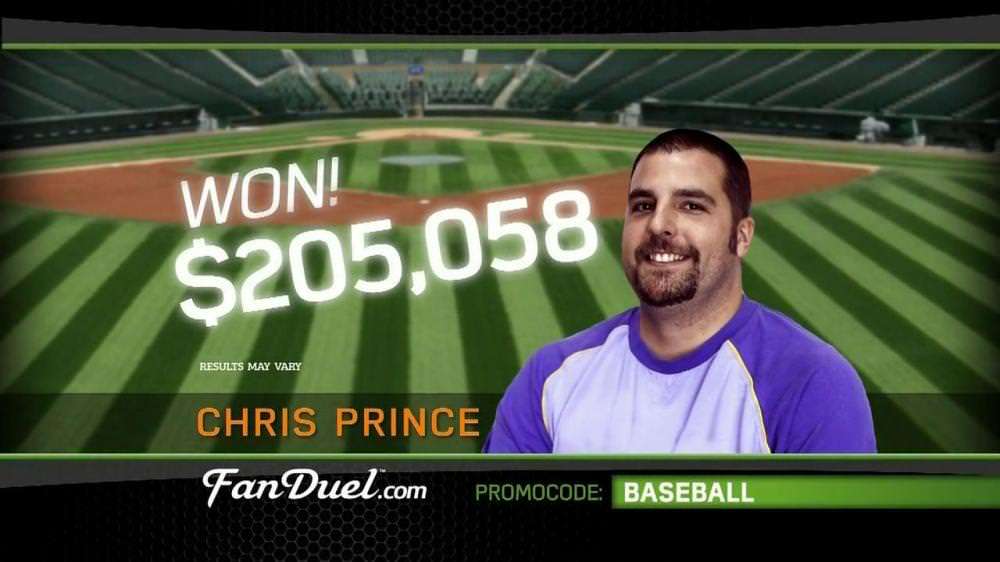Fantasy Sports League Employee Win Prompts Class Action Suit
Accused of misrepresenting fairness of competition

It was probably destined to happen. The news that employees at major fantasy sports league companies also continued to compete for winnings at other sites (and the possibility of access to inside information) has prompted a class action lawsuit.
ESPN is reporting that DraftKings and FanDuel (if you don't know who they are, turn on your television to any sports network for about five minutes) are being accused of negligence, fraud, and false advertising by a player with a $100 account at DraftKings:
The suit claims that daily fantasy games put forth by the two companies are misrepresented as fair. That case is made mainly through the recently revealed policies of the two companies that allowed employees to enter contests on the other's site for cash prizes, along with the rest of the population.
"DraftKings performs analytics to determine winning strategies, return on investment of certain strategies and even how lineups on FanDuel would do if they were entered into DraftKings contests," the suit alleges.
With these strategies potentially available to some employees, those employees could have a potential advantage by playing on a competitor's site.
A spokesperson for FanDuel said that employees from DraftKings had won .3 percent of FanDuel's cash prizes. That percentage appears small, but adds up to $6 million given the huge prize pools these companies are boasting.
The sites have said they're both going to permanently ban their employees from competing in other fantasy sports leagues, and they've hired third-party employees to investigate and evaluate their own practices.
Actual fraud problem or just the growing pains of a young industry that blew up so fast it hadn't previously had to really examine these sorts of practices? I guess it's a court matter now.
There are some (actually, more than "some") who have argued that the problem is that the fantasy sports league business is not regulated by the federal government. A couple of days ago I explained how that claim is simply not true. The Federal Trade Commission has the authority to intervene in any sort of fraudulent behavior or anti-competitive business practices by these companies.


Show Comments (109)